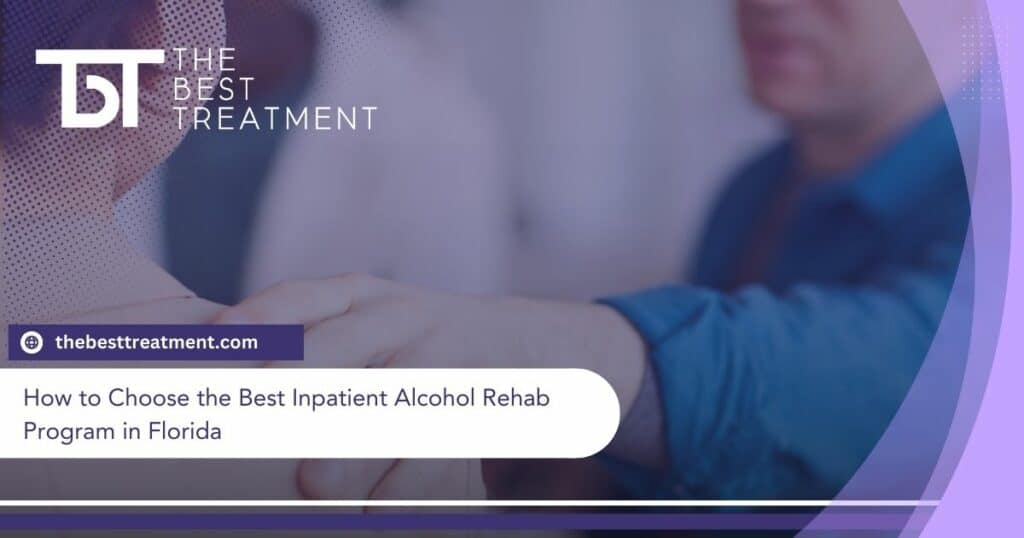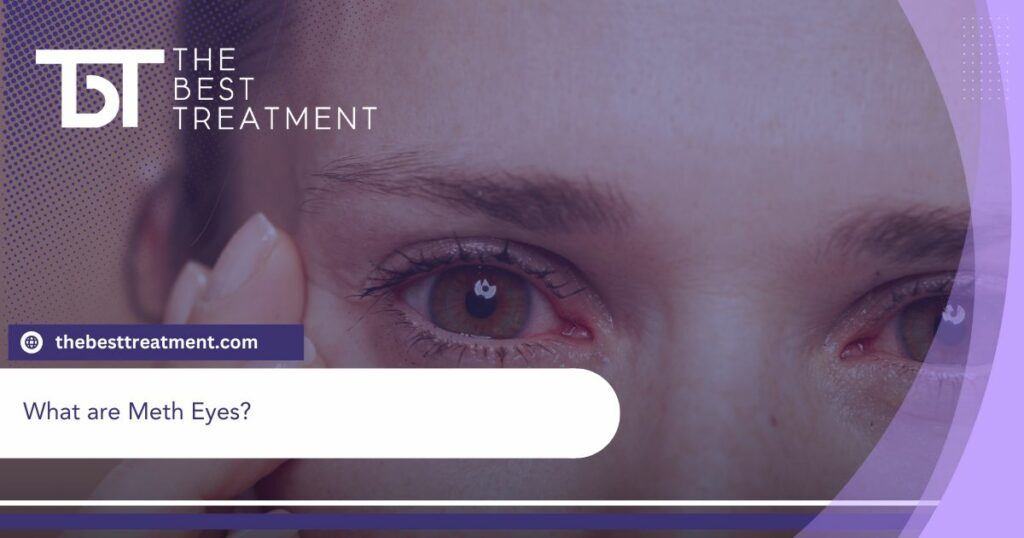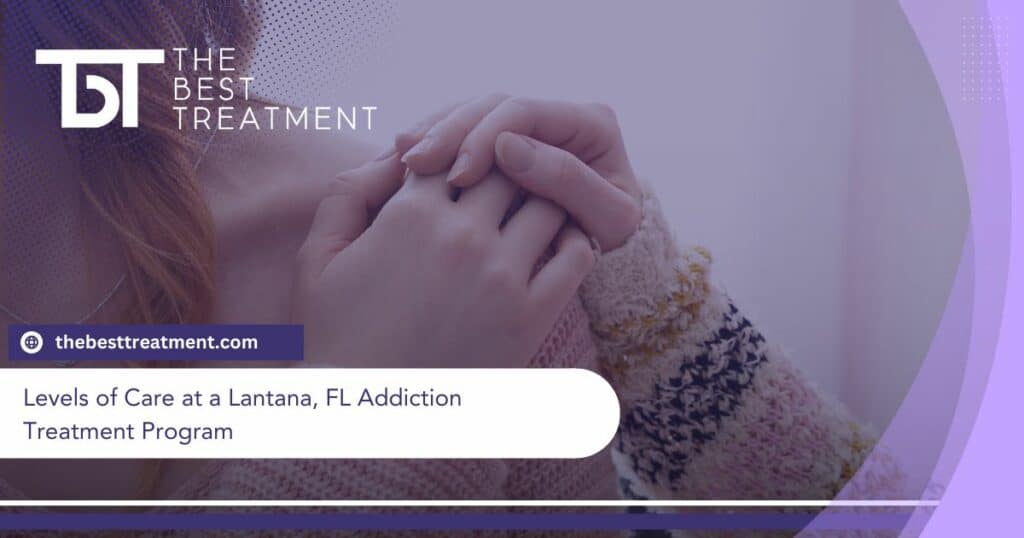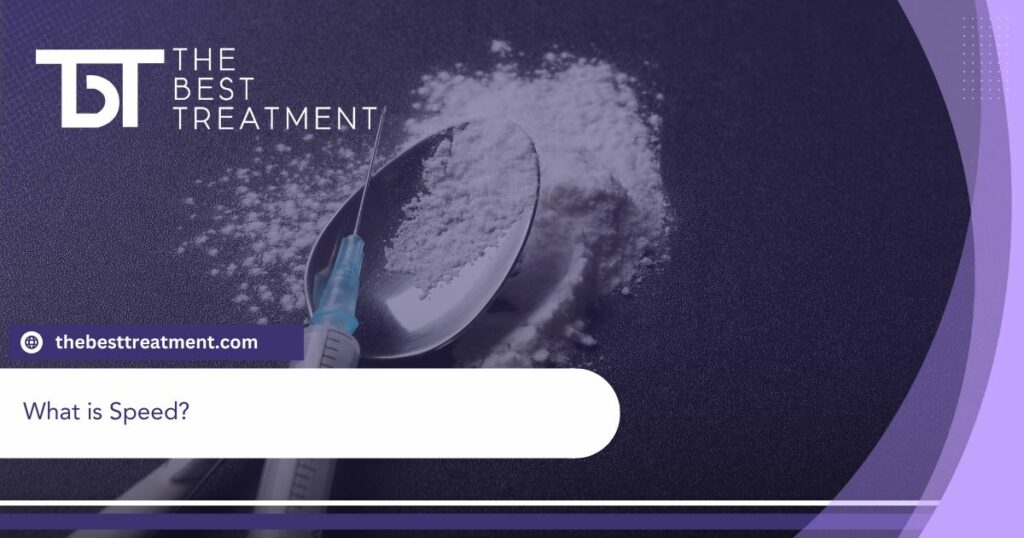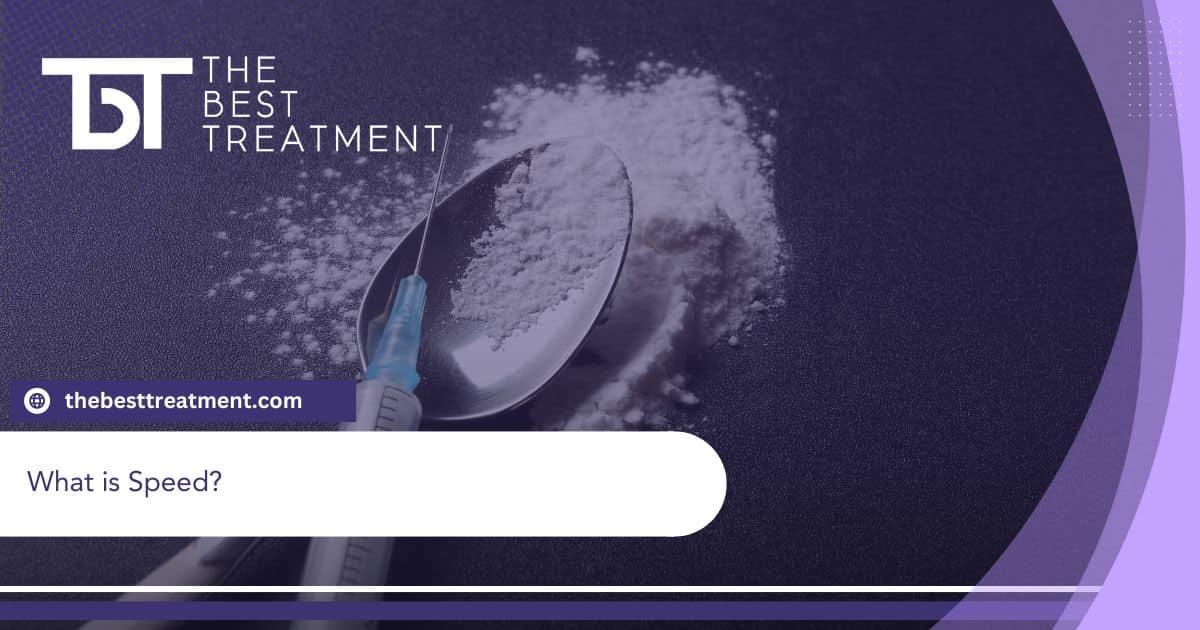Table of Contents
Speed is a term that describes drugs that increase central nervous system (CNS) activity. People may use this term to describe a range of prescription and illicit stimulant drugs.
This article will outline what speed is and the side effects of stimulants. You will also learn how to identify speed abuse and where to find effective addiction treatment programs.
Contact The Best Treatment specialists now to explore our treatment programs or schedule an intake assessment. Our dedicated team of mental health and medical professionals will tailor a treatment plan to help you move forward after addiction. Take the first step of your recovery journey by contacting us now.
Speed: An Overview
People use the term “speed” to refer to a wide range of prescription and illicit stimulant drugs that are similar to amphetamine or methamphetamine. People may also use this term to describe crystal meth, which is a dangerous, illicit street drug.
Doctors may prescribe stimulant drugs to help patients manage various medical conditions, including:
- Narcolepsy
- Obesity
- Attention-Deficit Hyperactivity Disorder (ADHD) and other attention-deficit disorders
Some of the drugs people may call “speed” include:
- Concerta
- Adderall
- Phentermine
- Ritalin
- Dexedrine
- Desoxyn
Illicit stimulant drugs include:
- Crack cocaine
- Cocaine
- Crystal meth, the solid form of methamphetamine
These and other stimulants increase CNS activity. People may experience increased energy and euphoria while taking stimulants.
Stimulant drugs are often highly addictive. The risk of addiction is higher among people who abuse speed. Stimulant abuse includes:
- Using higher doses of a drug than prescribed
- Taking a prescription stimulant more often than prescribed
- Continuing to take a stimulant medication for a longer period than prescribed
- Using a stimulant drug differently than prescribed, such as crushing and snorting tablets
- Taking stimulant drugs without a prescription (recreational use)
People who abuse speed may develop tolerance. Tolerance means that the body adjusts to the dose of a drug you are taking. People with tolerance to stimulants may need to take more of the drug to get the desired effects.
Over time, people may develop a physical dependence on speed. People who become addicted to speed have a high potential for overdose and long-term effects related to substance abuse.
Side Effects of Speed
Speed increases CNS activity. People who abuse stimulant drugs may experience a range of side effects, including:
- Increased heart rate
- Elevated blood pressure
- Difficulty sleeping or insomnia
- Loss of appetite
- Weight loss
- Increased body temperature
- Depression
- Excessive sweating
- Anxiety
- Paranoia
- Hallucinations
- Aggression
- Restlessness
- Psychosis
Abusing speed may lead to addiction. Regularly taking large doses of speed can lead to lasting cardiovascular damage, addiction, brain damage, and death.
Speed vs. Meth: Are They The Same?
Many people use the terms “meth” and “speed” to mean the same thing. However, there are some crucial differences between meth and speed.
Methamphetamine (meth) is a synthetic, illicit drug. People make meth in illegal labs by combining household chemicals. Meth users typically smoke or inhale the drug, which produces intense stimulant side effects.
Methamphetamine is an intensely addictive drug. Users may experience significant long-term harm, including addiction, in just a short period of using meth.
Speed is a term people use to describe a wide variety of stimulant drugs. The term “speed” may be used to describe both illicit and prescription drugs.
The effects of amphetamines and meth can be similar, but meth is generally more addictive. People may use prescription stimulants without risk of complications or addiction if they follow their doctor’s guidance.
Recognizing Speed Abuse
Stimulant addiction is a life-threatening condition. It is essential to be aware of the signs of stimulant addiction and seek treatment as quickly as possible.
Common signs of stimulant addiction include:
- Talking very fast
- Excessive talking
- Agitation
- Increased energy
- Significant weight loss in a short period
- Noticeable behavioral changes
- Isolating
- Quickly making a new group of friends
- Neglecting responsibilities at home, school, or work
- Decreased need for sleep
- Increased absences at work or school
- Dilated pupils
- Experiencing withdrawal symptoms when not using stimulants
Teens and young adults abuse stimulants at higher rates than other groups. They are more likely to develop an addiction to speed. Recognizing the signs of stimulant abuse and seeking treatment is critical to avoid life-threatening consequences.
Treatment for Speed Addiction
Stimulant addiction is a severe condition requiring comprehensive treatment. Treatment for speed addiction includes:
- Medically supported detox
- Medical care
- Mental health treatment
- Psychotherapy
- Family therapy
- Group therapy
- Medications
- Exercise, nutrition support, mindfulness, and other holistic therapies
- Relapse prevention education
- Aftercare planning
Comprehensive addiction treatment programs provide the structure, treatment, and support people need to put substance abuse in the past.
Find Help Now
If you or someone you love struggles with addiction to speed or other substances, you are not alone. Contact the specialists at The Best Treatment now to learn about our treatment programs.
Our intake staff will answer your questions, verify the details of your insurance plan, and schedule an intake appointment. Don’t wait for your addiction to get worse. Take the first step toward a healthier future by contacting us today.
Medically Reviewed: September 25, 2019

All of the information on this page has been reviewed and verified by a certified addiction professional.






